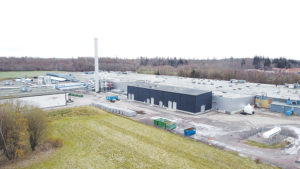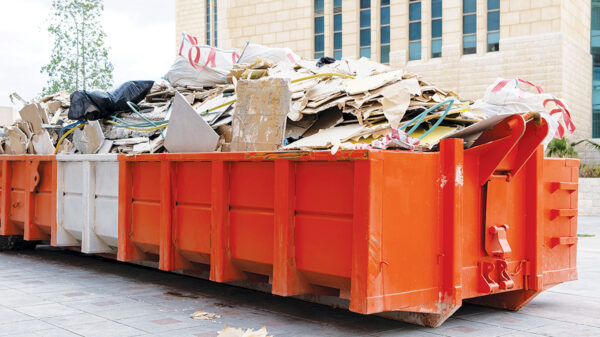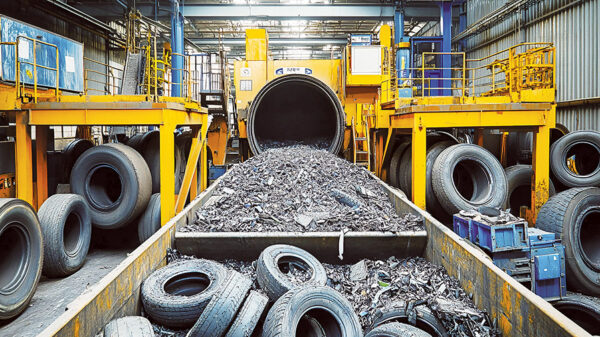Svensk Plaståtervinning celebrated the opening of Site Zero, a state-of-the-art plastic sorting plant in Motala, Sweden. The plant features TOMRA and Sutco equipment and aims to realize a circular economy for plastics by sorting Swedish plastic packaging waste into 12 fractions.

Site Zero will be able to produce the highest material qualities, while decreasing its
ecological footprint.
Sweden is taking the next leap in plastic recycling and celebrated the extension of the Svensk Plaståtervinning polymer sorting plant. Originally opened in 2019, the plant was built in collaboration with Sutco and featured TOMRA sorting technology. Mattias Philipsson, chief executive officer of Svensk Plaståtervinning, invested in the extension of the facility with the aim to close the loop on plastics and enable zero waste. Thanks to the most advanced sorting equipment and expertise from global leaders in the recycling industry, the plant is expected to process 46.3 tons (42 metric tons) of material per hour and recover 12 different types of plastics from mixed plastic packaging waste.
“Around 33 percent of plastic packaging in Sweden is recycled, but unfortunately there is still a lot of recyclable materials lost. This offers great potential, which we are committed to unlocking and transforming into a valuable opportunity for the country and the environment. Since 2019, we have successfully been producing four different types of plastics for recycling. We always wanted to do more and with the latest technology, we’re able to accomplish our goals,” explained Mattias Philipsson, chief executive officer of Svensk Plaståtervinning. With Site Zero, the company’s goal is to enable zero waste, zero downcycling and zero emissions.
Site Zero is equipped with more than 60 TOMRA Autosort™ machines. The 3.1 mi (5 km) sorting line features some of the world’s most sophisticated sorter systems. The high-throughput technology makes it possible to process approximately 46.3 tons (42 metric tons) of recyclables per hour. What’s more, the post-consumer waste is then separated into 12 different polymer types, including a variety of polyolefins, PET, PS, EPS, PVC, and more. Thanks to the combination of sorting technology and a well-designed sorting process, purity levels of up to 98 percent can be achieved. The clean material fractions are then sent to recyclers in the EU, but Site Zero is also planning to add recycling capacities to further process the main fractions locally.






